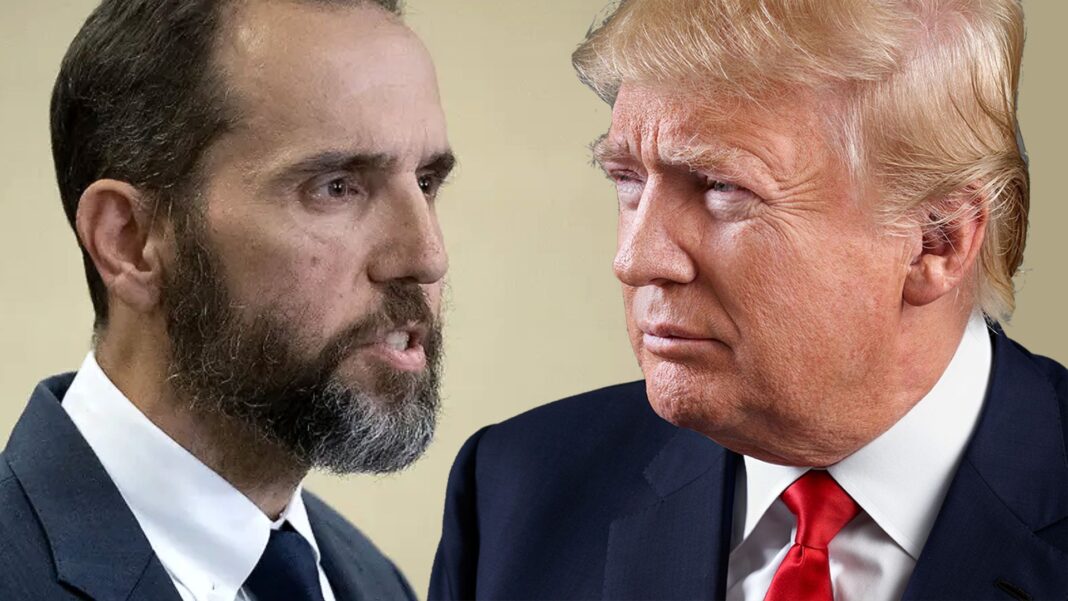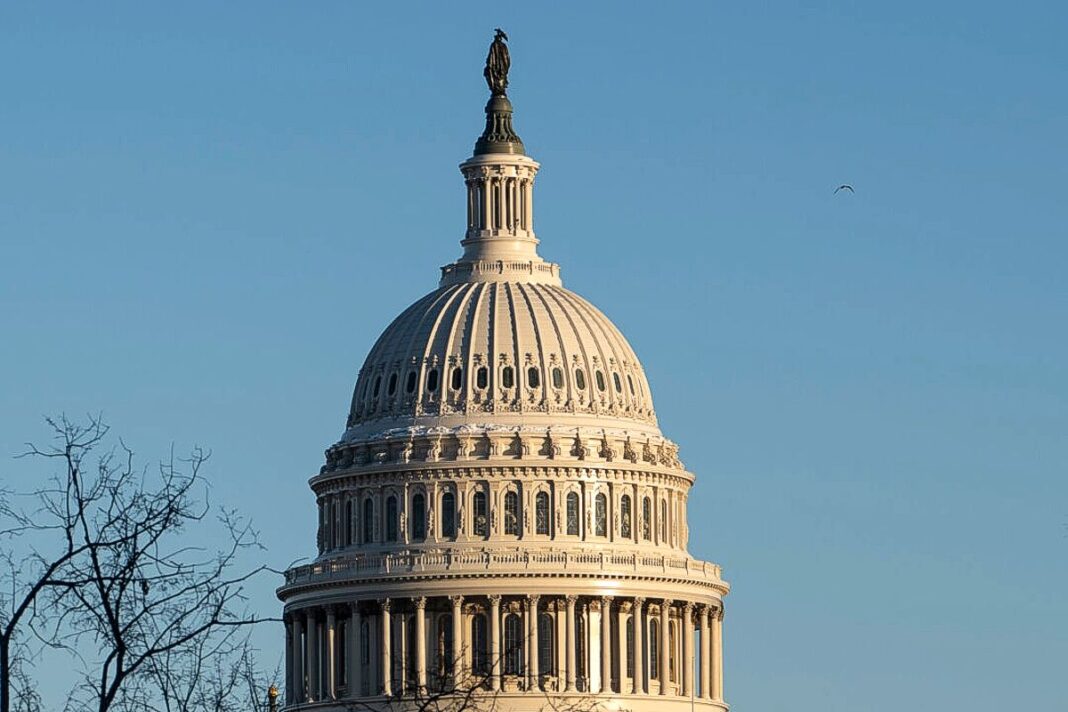In the report, the special counsel said that he believes the evidence against Trump was strong enough to yield a conviction.
U.S. Department of Justice (DOJ) officials have released part of former special counsel Jack Smith’s report about President-elect Donald Trump.
Part one of Smith’s report was made public early on Jan. 14, after U.S. District Judge Aileen Cannon allowed its release.
In the report, Smith—who recently resigned—said that he believes the evidence against Trump was strong enough to yield a conviction, even though the DOJ dropped its prosecutions of the president-elect.
“As alleged in the original and superseding indictments, substantial evidence demonstrates that Mr. Trump then engaged in an unprecedented criminal effort to overturn the legitimate results of the election in order to retain power,” Smith wrote.
An indictment against Trump charged him with multiple federal crimes, including conspiring to obstruct the certification of the 2020 presidential election.
After the charges were brought, the U.S. Supreme Court ruled that presidents are immune from prosecution for official conduct.
Smith’s team subsequently reanalyzed the evidence it had gathered.
“Given the Supreme Court’s ruling, the Office reevaluated the evidence and assessed whether Mr. Trump’s non-immune conduct—either his private conduct as a candidate or official conduct for which the Office could rebut the presumption of immunity—violated federal law,” Smith wrote in the newly released report. “The Office concluded that it did. After doing so, the Office sought, and a new grand jury issued, a superseding indictment with identical charges but based only on conduct that was not immune because it was either unofficial or any presumptive immunity could be rebutted.”
Part two of the report is being kept back, at least for now, as Trump’s co-defendants in the case fight its release on grounds such as Smith being found to be unconstitutionally appointed.
Smith said in the report that Trump sought to defraud the United States and obstruct the certification of electoral votes in part by conspiring with others to send alternate slates of electors to Washington.







